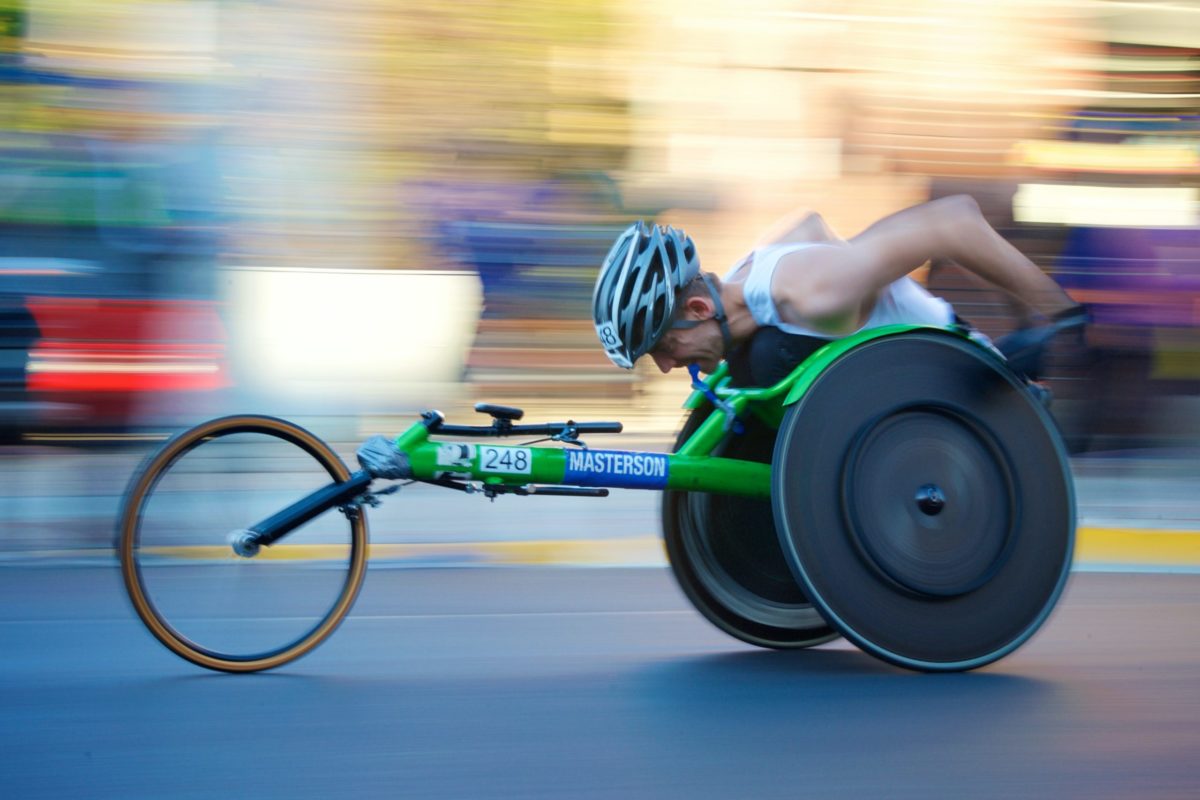Athlete Ally Responds to USOPC Trans Athlete Paper

December 20, 2022 — Athlete Ally responded today to news that the United States Olympic & Paralympic Committee (USOPC) has released a Transgender Athlete Participation in Sport position paper. This paper is not a directive but rather a statement of the committee’s position on the topic. Specifically, the paper centers fairness and inclusion as guiding principles, while noting that pre-puberty transgender athletes should face no restrictions, and that more research is needed to create fair and inclusive policies at elite levels.
“We welcome the key principle of inclusivity in sport outlined by the USOPC’s position paper, particularly for transgender and nonbinary youth athletes who deserve equal access to the lifesaving power of sports,” said Hudson Taylor, Founder and Executive Director of Athlete Ally. “We want to underscore the critical need for the USOPC, and all sport governing bodies, to center nondiscrimination, health and safety of all athletes, and accurate, sport-specific data and in their policies and positioning.”
We know from recent research commissioned by the Canadian Centre for Ethics in Sport (CCES) and completed by E-Alliance that data does not support bans or intense restrictions on transgender athlete participation for a number of reasons, including the fact that both testosterone and biomedical factors related to male puberty do not predict athletic performance, and social factors like nutrition, training, and access to equipment greatly impact an athlete’s performance, yet are consistently overlooked and unregulated. The International Olympic Committee Framework on Fairness, Inclusion and Non-Discrimination on the Basis of Gender Identity and Sex Variations also underscores that transgender athletes have no inherent advantage over other athletes.
In July, the USOPC Athletes’ Advisory Council released a statement on Transgender and Nonbinary Athlete Inclusion which directly “opposes any attempt to marginalize, limit or deny human rights and is on the side of inclusion of all participants in youth sports”, emphasizes the IOC framework’s point that transgender athletes have no inherent advantage, and underscores the importance of sport governing bodies developing eligibility policies based on criteria that are evidence-based, employ a stakeholder centered approach and are grounded in inclusion, prevention of harm, fairness and nondiscrimination.
“We look forward to seeing these principles echoed and centered in the development of any further positioning or guiding on the topic of transgender and nonbinary athlete participation,” said Taylor.
“The USOPC has stressed that participation in sport should be available to everyone,” said Chris Mosier, Team USA athlete and Founder of TransAthlete.Com. “Transgender and nonbinary athletes want the same opportunities to participate, challenge themselves and achieve their dreams, just like any other athlete. I look forward to supporting National Governing Bodies as they work to ensure there are opportunities for every athlete to reach their potential.”
“Applying Paralympic category qualifiers to transgender athletes is a flawed approach,” said Abigail Dunkin, gold medalist wheelchair basketball Team USA Paralympian and Athlete Ally Ambassador. “The system used to determine and apply these qualifiers is still being optimized, and it doesn’t make sense to apply it elsewhere. It also doesn’t take into account the diversity of gender identities within the Paralympic movement – what about trans or nonbinary Paralympians? Transgender athletes deserve to participate in both Paralympic and Olympic sports along with their peers, free from discrimination or open categories that are othering.”